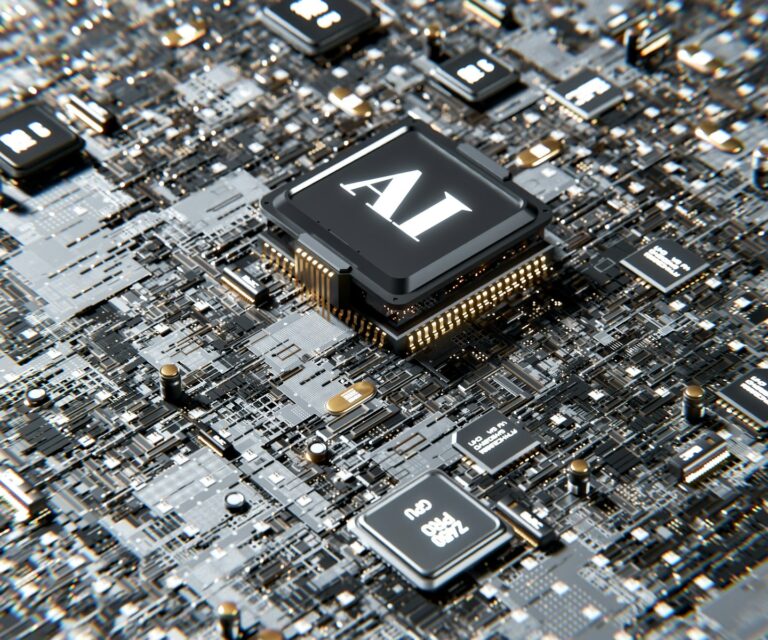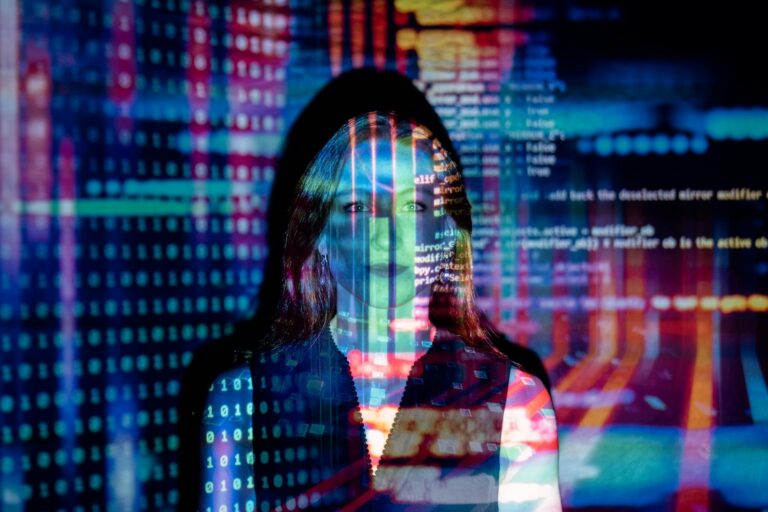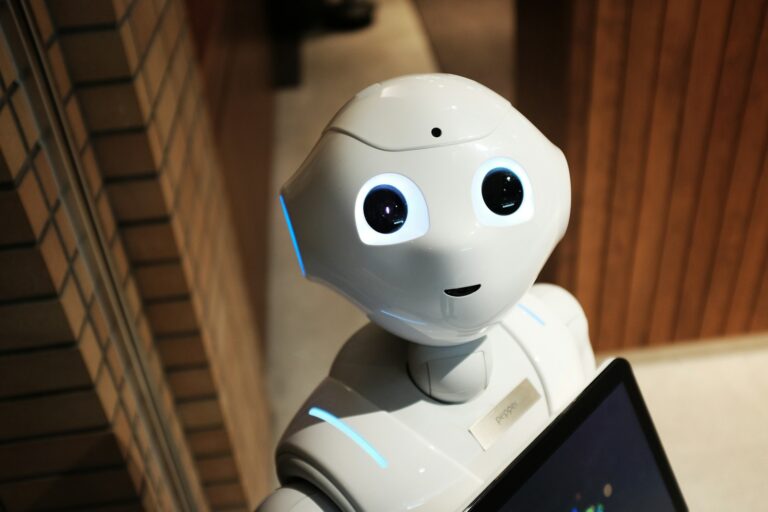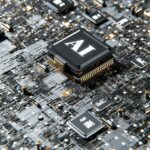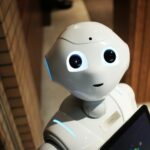Marketing: How AI Agents Will Run Entire Ad Campaigns (From Creation to Optimization)
Marketing has always been part science, part art — but with the rise of AI agents, it’s becoming something entirely new: autonomous intelligence at scale. These next-generation systems are capable of planning, creating, executing, and optimizing ad campaigns across multiple platforms — without direct human intervention.
Welcome to the era of agentic marketing, where AI doesn’t just assist marketers — it becomes the marketing team.
From Automation to Autonomy
For years, marketers have used AI to automate parts of the workflow — from ad targeting to content recommendations. But automation still relies on humans to set parameters and monitor performance.
AI agents go further. They understand goals, reason strategically, and act independently. They can:
- Develop multi-channel ad strategies.
- Generate creative assets — text, images, and video.
- Test multiple variations autonomously.
- Analyze performance data in real time.
- Adjust targeting, bidding, and messaging dynamically.
In short, AI agents can manage the entire marketing cycle — from concept to conversion.
The Rise of the Autonomous Marketing Agent
Imagine telling your AI agent:
“Run a 30-day campaign to increase signups for our new app among small business owners in North America.”
Your agent will:
- Research audience segments and select channels (Google, Meta, LinkedIn, etc.).
- Generate ad copy, visuals, and video variations.
- Set up campaign structures and budgets.
- Launch ads and monitor engagement in real time.
- Continuously optimize targeting, creative, and spend for maximum ROI.
- Deliver detailed performance insights and next-step recommendations.
All autonomously — while maintaining brand tone, compliance, and strategy alignment.
How It Works: The Agentic Marketing Stack
Autonomous marketing agents combine several core technologies:
- Generative AI (Content Creation): Produces human-quality ad creatives, product descriptions, and landing pages.
- Reinforcement Learning (Optimization): Learns from performance data to adjust campaigns dynamically.
- API Orchestration (Execution): Connects to ad platforms, analytics tools, and CRMs for seamless automation.
- Memory + Reasoning (Strategy): Maintains campaign context over time — understanding brand voice, goals, and audience preferences.
Together, these components form an end-to-end system that continuously learns and improves — a self-optimizing marketing engine.
Real-World Use Cases
The shift is already underway:
- E-commerce brands are using AI agents to manage thousands of micro-campaigns targeting niche demographics.
- Agencies are deploying creative-generation agents that produce custom content at scale.
- B2B marketers leverage agents for lead scoring, nurturing, and automated ad testing.
- SMBs adopt affordable marketing agents that deliver enterprise-grade performance without a full team.
In each case, the result is the same — higher efficiency, faster iteration, and better outcomes.
Benefits for Businesses
- Always-on Optimization: AI agents run continuous A/B testing and budget reallocation.
- Personalized Creativity: Dynamic ad variations for every audience segment.
- Reduced Costs: Automation replaces manual campaign management.
- Faster Execution: Launch in hours, not weeks.
- Scalability: Manage hundreds of campaigns simultaneously with zero fatigue.
The Role of Marketers in the Agentic Era
AI agents won’t replace marketers — they’ll elevate them. Instead of managing individual campaigns, marketers will:
- Define goals and creative direction.
- Monitor brand consistency and ethics.
- Manage and evaluate AI agents.
In this new model, marketing leaders become strategic orchestrators, directing fleets of intelligent agents that handle execution and optimization.
Challenges and Considerations
While the potential is enormous, businesses must navigate key challenges:
- Brand Safety: Ensuring agents don’t produce off-brand or non-compliant content.
- Transparency: Understanding how agents make optimization decisions.
- Ethics: Preventing manipulation or bias in ad targeting.
- Data Privacy: Maintaining compliance with global advertising regulations (GDPR, CCPA, etc.).
Proper governance frameworks will be critical as agentic marketing scales.
The Role of BestAIAgents.io
Platforms like BestAIAgents.io are leading the way in connecting businesses with marketing-focused AI agents — from creative generation tools to autonomous ad managers. Whether you’re an enterprise or startup, BestAIAgents.io helps you discover the agents that can design, deploy, and optimize entire campaigns effortlessly.
As marketing becomes increasingly agent-driven, this platform serves as the hub for intelligent growth systems that deliver real, measurable ROI.
The Future of Marketing: AI-as-a-Team
The marketing department of the future won’t be a group of specialists — it will be a network of intelligent agents working under human creative direction. One agent designs visuals, another manages social media, a third runs analytics, and all collaborate seamlessly.
This is marketing without friction — campaigns that adapt to real-time data and audiences, not quarterly reports.
Conclusion: From Creativity to Cognition
The next evolution of marketing isn’t just automation — it’s cognition. AI agents capable of reasoning, learning, and acting will reshape how brands connect with audiences.
Marketers won’t just create campaigns — they’ll command ecosystems of intelligent agents that run them.
And with BestAIAgents.io, every business can access the future of marketing — today.





